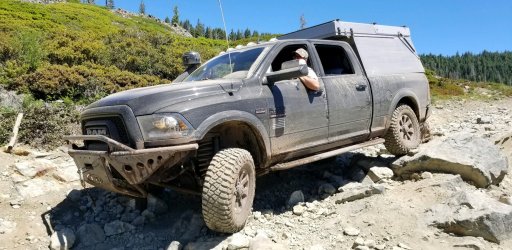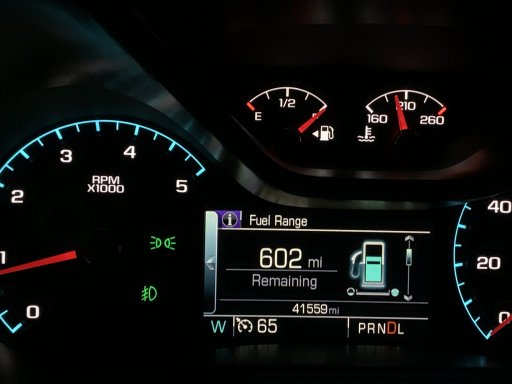I was a dyed in the wool VW guy.I have been a mostly Japanese car owner my entire life, had a few GMs that were a-ok for the most part.
I have NEVER had a serious issue with a Japanese vehicle in 29 years of driving (I understand some people have).
One day I decided to buy a 2016 GTI, brand new, because I thought a German car would be a nice change. In 3 years, it was in the shop 10 times, once for a new DSG transmission. It was such a great car I could almost forgive it! Despite being a great driving vehicle, it was very tedious experience, especially coming from my history of owning cars that never failed!
I wouldn't overstate that new vehicles are reliable enough. If someone wants a headache-free vehicle, I don't see any issue with them doting on reliability ratings.
VW and Bosch broke me of that, never, ever, again.
Were I to accurately articulate the degree of unmitigated hate I have for Bosch electrical components and Volkswagen, I would surely be banned from this site for all of eternity. I hope each and every one of their designers and engineers fingers punch through the toilet paper every time they wipe their bung for the remainder of their lives and afterlife should that happen to apply.





